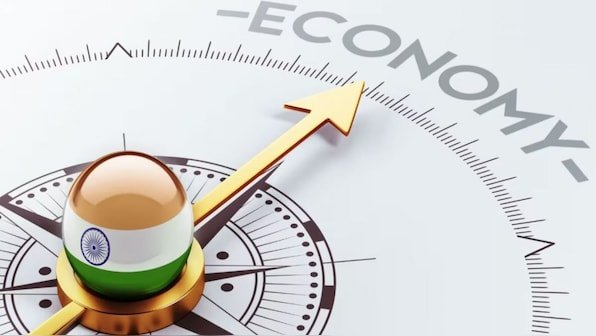
India’s economy expanded by 5.4 per cent in the July-September quarter of the ongoing fiscal year, marking a slowdown from the previous quarter’s 6.7 per cent growth.
Despite this deceleration, India maintains its position as the fastest-growing major economy globally.
It’s this kind of sustained growth that had led to expectations that India will surpass Japan to become the world’s fourth-largest economy. The International Monetary Fund (IMF) projects that this will happen as early as 2025.
The international body estimates Indian economy’s size would be $4.34 trillion, compared to Japan’s $4.31 trillion.
Here’s a look at five factors that could be responsible for such an achievement:
Strategic government investments: The Indian government, under Prime Minister Narendra Modi, has prioritised infrastructure development and public investment to stimulate economic growth.
Initiatives like the National Infrastructure Pipeline and the Atmanirbhar Bharat (Self-Reliant India) campaign have attracted significant investments across sectors such as transportation, energy, and manufacturing. They have also bolstered domestic demand and industries.
Geopolitical shifts favouring India: Rising geopolitical tensions, particularly involving China, have prompted multinational corporations to diversify their supply chains.
India has emerged as a favourable alternative under this China+1 strategy, offering political stability and a large, skilled workforce. This shift has led to increased foreign direct investment.
Attraction of global investments: India’s financial markets have become increasingly attractive to global investors. The stock market has experienced substantial growth and foreign investor inflows.
Content retrieved from: https://www.firstpost.com/business/5-reasons-why-india-may-overtake-japan-to-become-4th-largest-economy-13840175.html.





